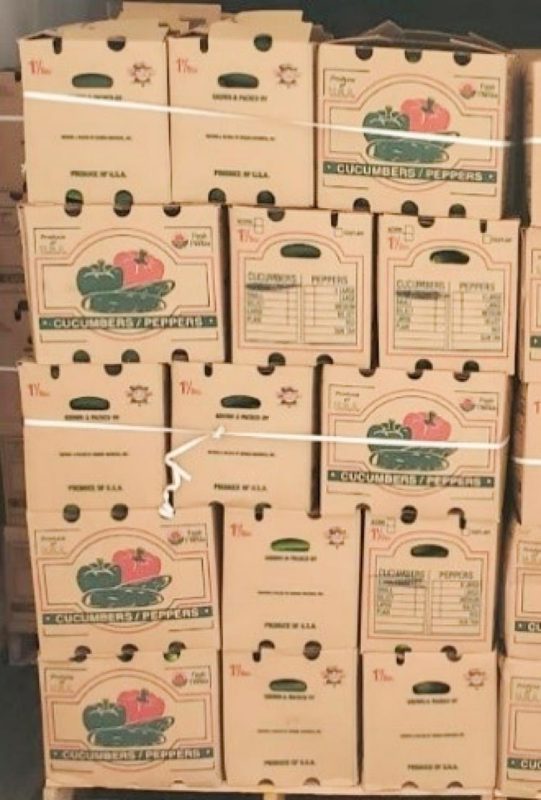Cucumbers Shipped to 14 States Recalled Over Salmonella Concerns
The recent recall of cucumbers shipped to 14 states due to salmonella concerns has once again raised the issue of food safety and the importance of stringent quality control measures in the food industry.
Salmonella contamination poses a serious health risk to consumers, potentially causing symptoms such as diarrhea, vomiting, fever, and abdominal cramps. In severe cases, it can even lead to hospitalization and, in rare instances, death. Given the potential consequences of a salmonella outbreak, it is crucial for food manufacturers and distributors to prioritize food safety protocols to prevent such incidents from occurring.
The recall of cucumbers shipped to multiple states underscores the complexity of ensuring food safety throughout the supply chain. From farm to table, multiple steps must be taken to minimize the risk of contamination and handle any potential issues swiftly and effectively.
One of the key challenges in ensuring food safety is the sheer scale and complexity of modern food production and distribution networks. Products are often sourced from multiple suppliers, processed in various facilities, and transported across long distances before reaching consumers. Each step in this chain presents opportunities for contamination to occur, making it essential for all parties involved to adhere to strict quality control standards.
In the case of the recalled cucumbers, swift action was taken to address the potential salmonella contamination. The company responsible for the recall initiated the action after routine testing identified the presence of salmonella in a sample of cucumbers. This proactive approach is commendable and highlights the importance of regular testing and monitoring to detect issues before they escalate into a larger public health concern.
Consumers also play a crucial role in ensuring food safety. By staying informed about recalls and following guidance from health authorities, individuals can protect themselves and their families from potential health risks. In the case of the cucumber recall, consumers in the affected states were advised to dispose of any implicated products or return them to the point of purchase for a refund.
Moving forward, the food industry must continue to prioritize food safety and invest in measures to prevent contamination and respond quickly to any issues that arise. This includes implementing robust quality control processes, conducting regular testing for pathogens, and enhancing traceability to quickly identify and remove potentially contaminated products from the market.
Ultimately, the recall of cucumbers shipped to 14 states serves as a reminder of the importance of vigilance and collaboration in safeguarding the food supply chain. By working together and remaining committed to ensuring food safety, stakeholders across the industry can help protect consumers and maintain public trust in the products they purchase and consume.

